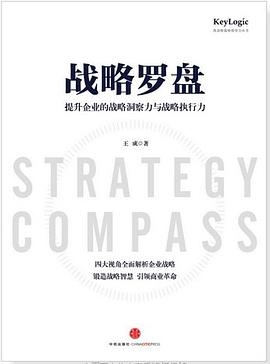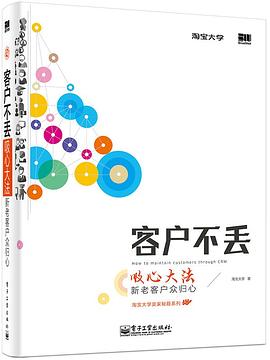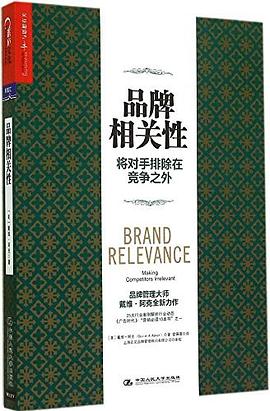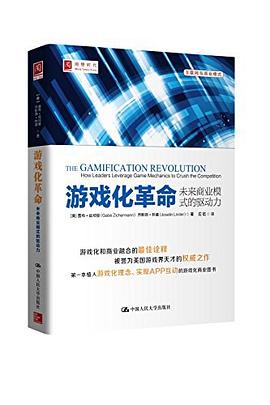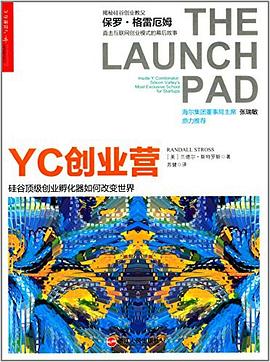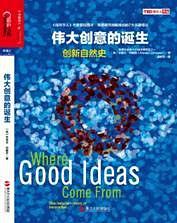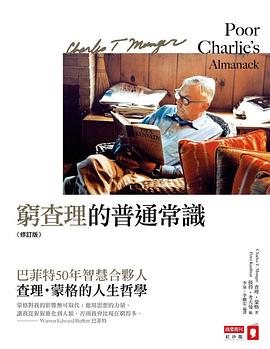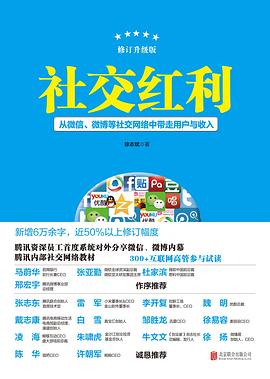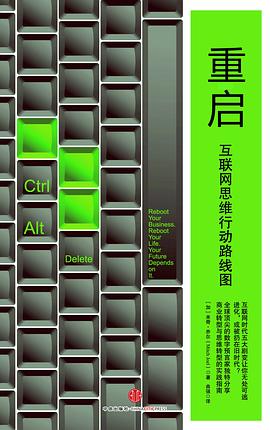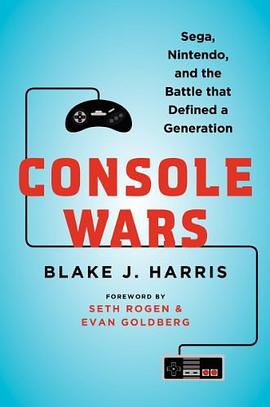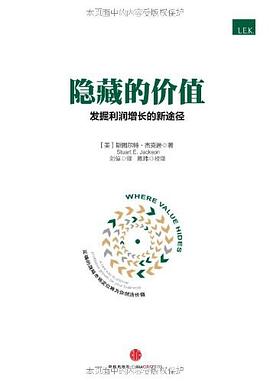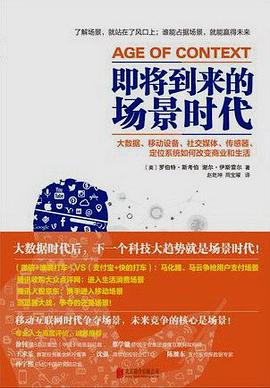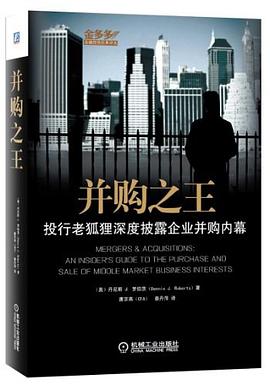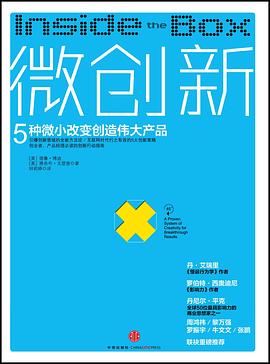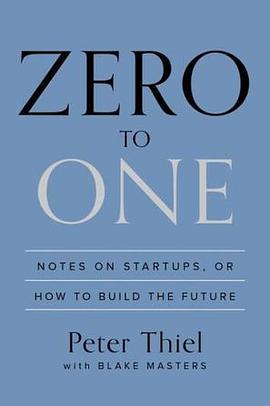

具体描述
If you want to build a better future, you must believe in secrets.
The great secret of our time is that there are still uncharted frontiers to explore and new inventions to create. In Zero to One, legendary entrepreneur and investor Peter Thiel shows how we can find singular ways to create those new things.
Thiel begins with the contrarian premise that we live in an age of technological stagnation, even if we’re too distracted by shiny mobile devices to notice. Information technology has improved rapidly, but there is no reason why progress should be limited to computers or Silicon Valley. Progress can be achieved in any industry or area of business. It comes from the most important skill that every leader must master: learning to think for yourself.
Doing what someone else already knows how to do takes the world from 1 to n, adding more of something familiar. But when you do something new, you go from 0 to 1. The next Bill Gates will not build an operating system. The next Larry Page or Sergey Brin won’t make a search engine. Tomorrow’s champions will not win by competing ruthlessly in today’s marketplace. They will escape competition altogether, because their businesses will be unique.
Zero to One presents at once an optimistic view of the future of progress in America and a new way of thinking about innovation: it starts by learning to ask the questions that lead you to find value in unexpected places.
作者简介
Peter Thiel is an entrepreneur and investor. He started PayPal in 1998, led it as CEO, and took it public in 2002, defining a new era of fast and secure online commerce. In 2004 he made the first outside investment in Facebook, where he serves as a director. The same year he launched Palantir Technologies, a software company that harnesses computers to empower human analysts in fields like national security and global finance. He has provided early funding for LinkedIn, Yelp, and dozens of successful technology startups, many run by former colleagues who have been dubbed the “PayPal Mafia.” He is a partner at Founders Fund, a Silicon Valley venture capital firm that has funded companies like SpaceX and Airbnb. He started the Thiel Fellowship, which ignited a national debate by encouraging young people to put learning before schooling, and he leads the Thiel Foundation, which works to advance technological progress and long- term thinking about the future.
Blake Masters was a student at Stanford Law School in 2012 when his detailed notes on Peter’s class “Computer Science 183: Startup” became an internet sensation. He went on to co-found Judicata, a legal research technology startup.
目录信息
读后感
如果把最近在做的公号也当成创业的话,那么根据《从0到1》这本书的描述,有些地方成功了,有些地方失败了。 PayPal创始人Peter Thiel的这本书干货不多。书中,小故事和大道理穿插着讲,如果从中找干货,那就会有点失望。当然,这一类讲创业的书,如果其中干货太多,也会变成教...
评分 评分文/严杰夫 2月14日,滴滴打车与快的打车宣布战略合并。根据易观国际的数据,两家公司合并后在打车APP市场的占比达90%。这引发了坊间对两公司合并会否带来垄断的议论。结合不久前,发改委对高通垄断作出的巨额罚款,从政府到市场,大多数人都认为垄断不是个好事情:它妨碍市场...
评分在朋友圈里面被狠刷了这本书之后,看到作者那些特立独行的论点,就花了24.99软妹币买了本Kindle的。 花了半天看完了,论点不少,但都不是很深刻。作为一个开着微信店铺、运营公众帐号的公司职工,创业离我这么近又那么远。 看到很多朋友视此书为葵花宝典,那我只能说,书再牛...
评分书还没看完,倒是把豆瓣的评论翻了一遍,整理思路如下: 我们常常为了打败对手,将所有精力放在了竞争上,上学时候为了学分,工作时候为了升职,而充分的竞争并不能产生超额的收益,如果你无法迅速取得胜利,带来的将是无止境的价值的消耗。我们的价值根本不是要打败...
用户评价
后面20%都是index会不会有点坑
评分该作者在硅谷无人不知 无人不晓 不解释了==
评分我觉得不管是文风上,还是理念上,我都不是那么认同他,但是我的意思不是说他说错了。
评分看的中文版。作为MJ粉我表示不能接受在书中的论调。除此之外其他部分还算蛮有远见。
评分应该会是一本 需要重复听的书籍吧 听到其中一段 感触颇深 把一件事情做到极致 一定是大于 几件混日子事情的总和 竭尽全力 把自己在做的事情做好 给自己加加油 ???? 只要我们在创新 我们的创业就从未停止
相关图书
本站所有内容均为互联网搜索引擎提供的公开搜索信息,本站不存储任何数据与内容,任何内容与数据均与本站无关,如有需要请联系相关搜索引擎包括但不限于百度,google,bing,sogou 等
© 2025 book.quotespace.org All Rights Reserved. 小美书屋 版权所有


